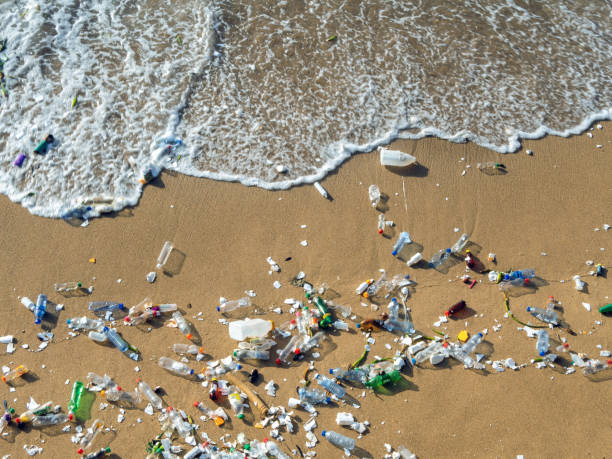Transforming Plastic Waste into Valuable Propane Gas and Fuel

Plastics, ubiquitous in our daily lives, bring both benefits and challenges. While they offer lightweight, durable, and energy-efficient solutions, the flip side is their non-degradable nature, contributing to a global waste crisis. However, an innovative approach is emerging, promising a sustainable solution by transforming plastic waste into propane gas and valuable fuel.
In recent times, the environmental impact of plastic waste has reached alarming levels, prompting the need for effective recycling strategies. Plastics often end up in landfills or incinerators, contributing to environmental pollution and posing a significant challenge for waste management. This problem has led to the exploration of new technologies to convert plastic waste into valuable resources.
Recycling plastic into fuels involves utilizing various types of polymers, such as polypropylene and polyethylene, both of which are found in plastic waste. The aim is to address the environmental hazards posed by the non-degradable nature of plastics and simultaneously harness the potential energy stored in these materials.
The process involves pyrolysis by direct heating, a method adopted in the 1990s to produce paraffin and crude oil from plastic waste. While simple and convenient, this process faces challenges such as higher temperatures and longer reactive times, impacting the quality of the produced fuel. However, with advancements in technology, catalytic cracking can be applied to enhance the quality of the finished oil, making it suitable for various applications.
The yield from this process includes liquid distillate, coke, gas, liquefied petroleum gas (LPG), and hydrogen. The percentage output yield varies depending on the composition of the waste plastic. During the second phase of fractional distillation, gasoline and diesel fractions are obtained, with gasoline accounting for 60% and diesel for 30% of the total yield.
The benefits of this process extend beyond waste reduction; it also provides a sustainable solution to the growing plastic waste problem. The fuels derived from this process match or surpass the properties of regular fuels, making them suitable for various applications. Moreover, the process reduces health and safety hazards by 90% compared to traditional refinery processes.
The conversion of plastic waste into propane gas and other valuable fuels presents a promising solution to the dual challenges of plastic pollution and the growing demand for energy. This innovative approach addresses environmental concerns and contributes to a sustainable and cleaner future. As societies awaken to the need for responsible waste management, this catalytic pyrolysis process offers a practical and efficient means of turning the tide on plastic waste and creating a positive impact on our environment and economy.














